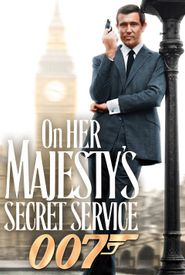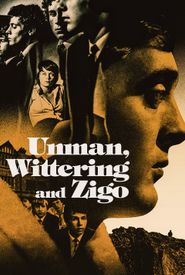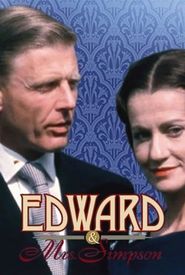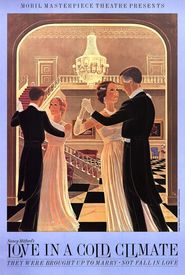Simon Raven, a renowned novelist and television scriptwriter, was a larger-than-life character who left an indelible mark on the literary world. Born with a flair for the dramatic, Raven's life was a tapestry woven from the threads of his passions for cricket, gambling, and fine spirits.
As a writer, Raven was unapologetic in his depiction of the upper and upper-middle classes in post-war Britain, showcasing their foibles and moral hubris in his magisterial "Alms For Oblivion" sequence of novels. These works earned him an international reputation as a master of his craft and a notorious libertine.
Raven's personal life was as colorful as his writing, with a penchant for affairs with both sexes and a love of the finer things in life. Despite being accused of snobbery, Raven maintained that he wrote for those who shared his refined tastes and skepticism.
Raven's entry into television writing was marked by his first play, "Royal Foundation," which premiered on the BBC in 1961. He went on to pen several more plays, including adaptations of Anthony Trollope's works, before creating his most famous series, "The Pallisers," which starred Susan Hampshire and aired in 26 episodes.
In the 1980s, Raven adapted Frances Donaldson's "Edward & Mrs. Simpson" for Thames Television, a seven-part series that topped the ratings despite controversy from the Queen Mother and Wallis Simpson herself. He also adapted Nancy Mitford's novels, "Love in a Cold Climate" and "The Pursuit of Love," for Thames TV.
Raven's final work for television was the whodunnit "The Blackheath Poisonings" for Central Television in 1992, which was met with a reprimand from the Broadcasting Standards Council for its explicit content.
In his later years, Raven had planned to adapt Vanity Fair and Brideshead Revisited for the BBC, but these projects never came to fruition. In an interview with The Stage newspaper, shortly before his death, Raven lamented the changing television landscape, stating that he no longer felt at home in the modern television environment.
In his final words, Raven reflected on his life, saying, "I would like to think that as a writer one had not deliberately done anyone else a bad turn or suffered from envy. If there is to be an epitaph then let it read: He always shared his bottle - and his bed."























